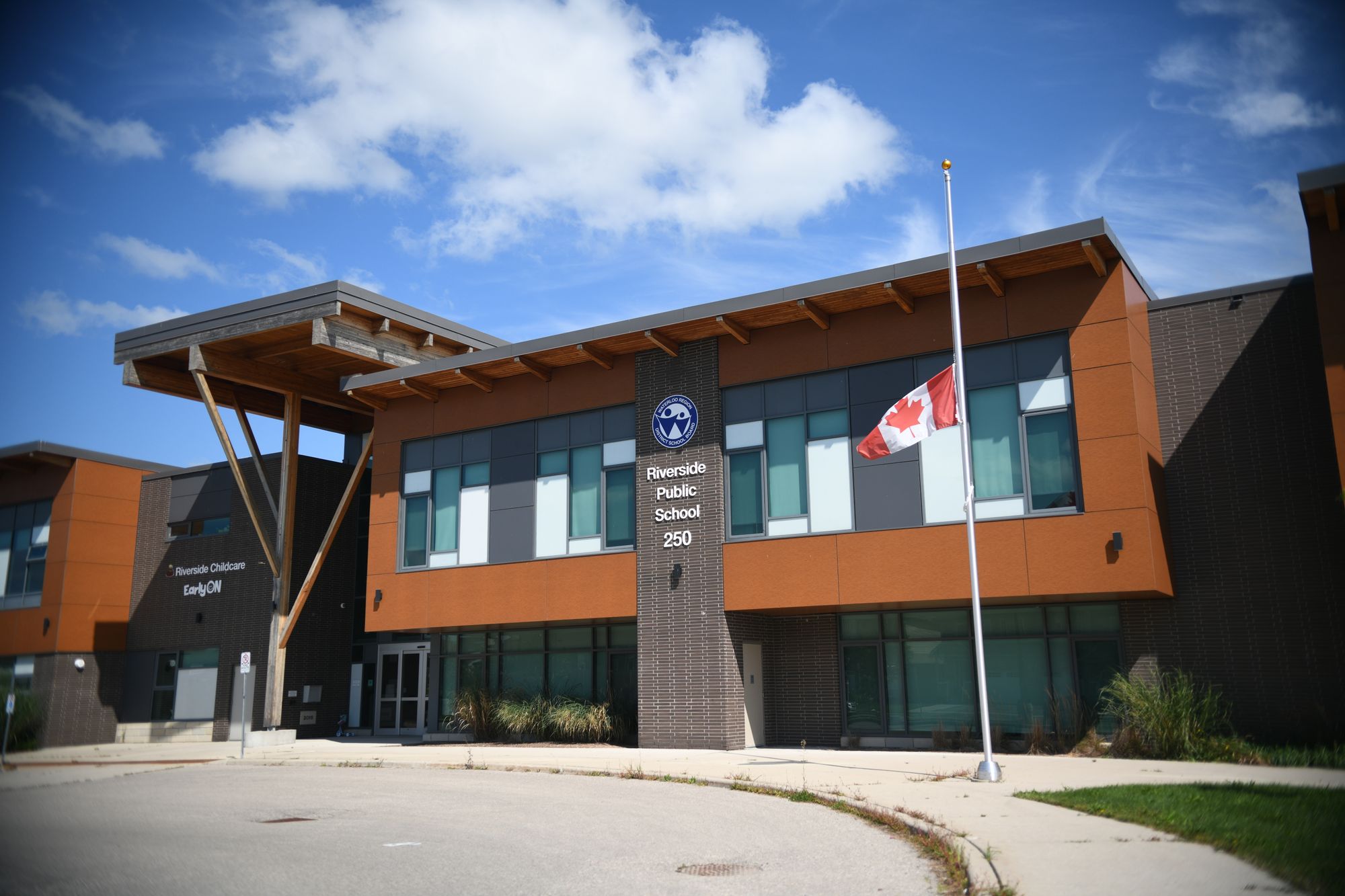Just ahead of back-to-school time, the Elementary Teachers Federation of Ontario (ETFO) leadership announced last week they are holding a vote on whether to strike.
The in-person votes will take place throughout September and October. Leadership expects the votes will be tallied by mid-October.
“At this point, the strike vote is to show that members do feel that this is a priority, that their patience has run out. Hopefully, we get back to the table and the deal is reached,” said Jeff Pelich, president of the Waterloo Region chapter of the ETFO.
The issues that the organization is fighting for include special education supports, addressing violence in schools, compensation, fair hiring practices and lack of staffing overall in the sector.
“I think working conditions are a big part of it,” said Pelich. “Our union really strongly believes that teacher working conditions are student learning conditions. So when you improve those, the students are better able to learn. Smaller class sizes, more support for children, some of our most vulnerable children, for children with special needs. More supports for the resources that we need to do our job, ensuring that the government respects an educator’s professional judgment to use the skills and the tools that they have to address the students in front of them, and then to take a look at improvements to compensation that address some of the challenges that we faced with inflation over the last couple of years.”
Pelich did not have a specific pay increase requested by ETFO negotiators.
The Ontario English Catholic Teachers’ Association leadership also announced they will also hold strike votes this fall.
These strike votes come almost one year after a strike by educational support workers of the Ontario School Board Council of Unions. In the 2019-2020 school year, all four of the province’s teachers’ unions engaged in some form of action including work-to-rule, rotating strikes, and walkouts leading up to the start of the province-wide pandemic shutdowns in March 2020.
The Ontario Secondary School Teachers’ Federation leadership expressed frustration with the way current bargaining is going in an internal memo to members, but have so far not announced a strike vote.
“We definitely appreciate the stress that a strike vote can take on people but I think our message at this point is, we hope to cause the least amount of disruption possible,” said Pelich. “We hope that there is no disruption because if the government returns to the table and actually engages in some of the conversation about these priority issues that are priorities for both teachers and for parents, then there won’t be a strike, there won’t be any disruption.”
Ontario Minister of Education Stephen Lecce released a statement this week noting the government has been bargaining in good faith and has met some 170 times with all the education unions.
“After years of difficulty, nothing should matter more than ensuring students have a full year of uninterrupted learning, with a focus on boosting reading, writing and math. The threat of another strike by some of the teacher unions just weeks ahead of the start of school is unfair to parents and moves the focus away from getting a deal that keeps kids in class.
“After private mediation was rejected, we have been available to meet every day to negotiate a deal that keeps students in class and improves the outcomes of students. I believe by staying at the table, we can and will reach a deal that keeps kids learning in classrooms where they belong,” said Lecce.
Pelich says he understands parents could be frustrated by another disruption to the school year, noting the union has been trying to bargain for a year.
“There have been reports that we’re going on strike in September. That’s simply not the case. We’re taking a strike vote. It’s part of the bargaining process, and there are many different types of collective action that members can take before we walk on the streets and schools are shut down. I know that many parents are frustrated and many parents get tired of having to deal with these things, but I think when you take a look at the bargaining goals that elementary educators have, you’ll see that they’re very much focused on students and improving the experience for them in our classrooms.”









